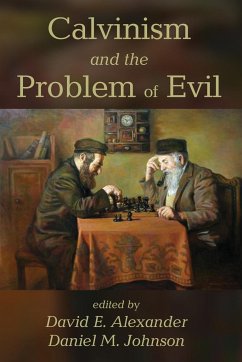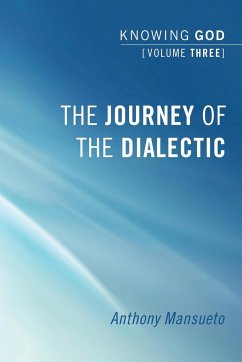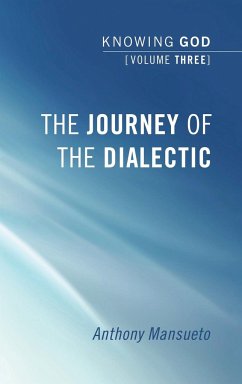Contrary to what many philosophers believe, Calvinism neither makes the problem of evil worse nor is it obviously refuted by the presence of evil and suffering in our world. Or so most of the authors in this book claim. While Calvinism has enjoyed a resurgence in recent years amongst theologians and laypersons, many philosophers have yet to follow suit. The reason seems fairly clear: Calvinism, many think, cannot handle the problem of evil with the same kind of plausibility as other more popular views of the nature of God and the nature of God's relationship with His creation. This book seeks to challenge that untested assumption. With clarity and rigor, this collection of essays seeks to fill a significant hole in the literature on the problem of evil.
Hinweis: Dieser Artikel kann nur an eine deutsche Lieferadresse ausgeliefert werden.
Hinweis: Dieser Artikel kann nur an eine deutsche Lieferadresse ausgeliefert werden.








